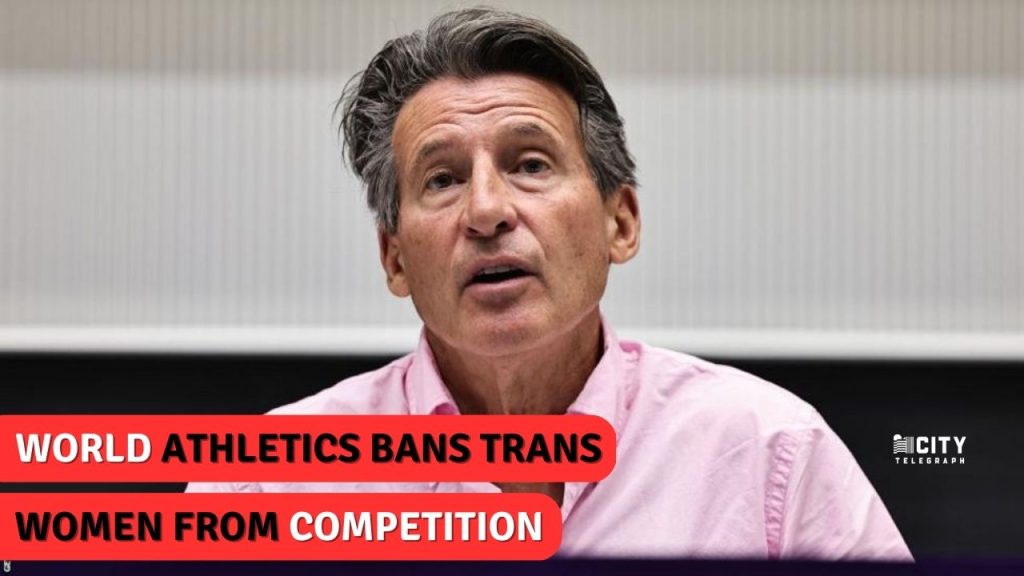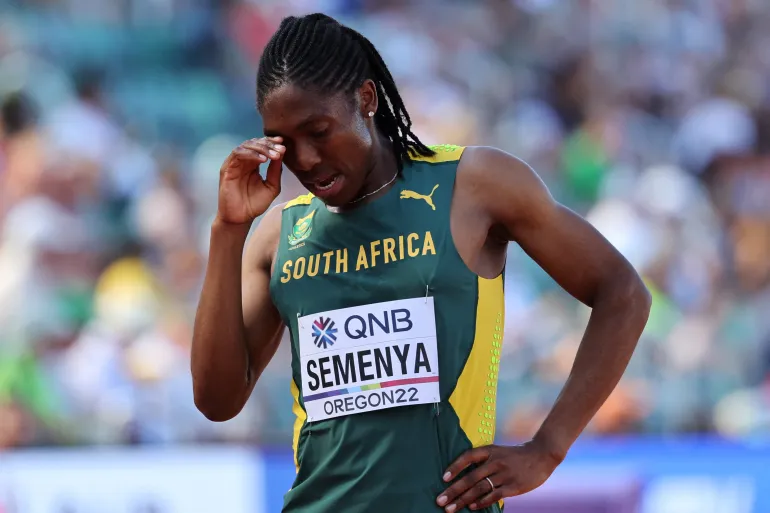

Sebastian Coe, the president of World Athletics, has confirmed that the organization has banned trans women from competing in international competitions.
The decision was made after consulting with member federations in January and is intended to exclude male-to-female transgender athletes and those with differences in sex development (DSD) who have undergone male puberty from female competition.
The goal is to protect the integrity of the female category, ensure fairness in competitions, and remain inclusive while following scientific principles. The decision will come into effect on March 31, and Lord Coe acknowledged that it was a difficult one to make.
The new regulations will exclude male-to-female transgender athletes who have undergone male puberty from female world ranking competitions, and World Athletics cannot in good conscience maintain the previous regulations of allowing athletes with a testosterone level of 5nmol/mol to compete for another year without knowing their impact on all disciplines.
Sebastian Coe, president of World Athletics, explained that leaving the transgender regulations at a testosterone level of 5nmol/mol for another year was not conscionable, as they were unsure about the impact on all disciplines.
The decision to ban male-to-female transgender athletes and those with DSD who have undergone male puberty from female competition is a principled one, aimed at protecting the integrity of the female category in athletics.
The council is committed to maintaining fairness for female athletes and will consider the scientific evidence around physical performance and male advantage as it emerges.

Under the new regulations, DSD athletes must reduce their testosterone levels to below 2.5 nmol/L for at least 24 months to compete internationally in the female category. The integrity of the female category remains a top priority for World Athletics.
Previously, specific testosterone levels were only required for restricted events from 400m to one mile. However, this has now been removed entirely, and athletes who compete in unrestricted events – distances below 400m and above one mile, as well as field events – must suppress their testosterone levels below 2.5nmol/L for a minimum of six months before they can compete again.
This period matches the previous requirement for DSD athletes to compete in restricted events, although the threshold was higher at 5nmol/L. The interim provisions do not apply to previously restricted events, where two years of testosterone suppression will be required before the athlete is eligible to compete.
The issue of transgender rights has sparked a debate on balancing inclusivity with fairness in sports. Athletes like Eilish McColgan, the Commonwealth Games 10,000m champion, have expressed concerns about a one percent advantage being too much for trans women athletes.
However, LGBTQI advocacy groups argue that excluding trans athletes from international competition is discriminatory.
World Athletics’ decision to ban male-to-female transgender athletes and those with DSD who have undergone male puberty from female competition follows a similar move by World Aquatics last year.
While Lord Coe praised the creation of an “open” category for transgender athletes, advocacy groups are concerned about the exclusion of trans women from women’s competition.
In addition to this decision, the World Athletics Council has made several other landmark decisions on future participation, including the reinstatement of the Russian Federation (RusAF) after seven years of suspension for institutional doping violations.
However, athletes, officials, and supporting personnel from Russia and Belarus remain excluded from competition due to Russia’s invasion of Ukraine.

